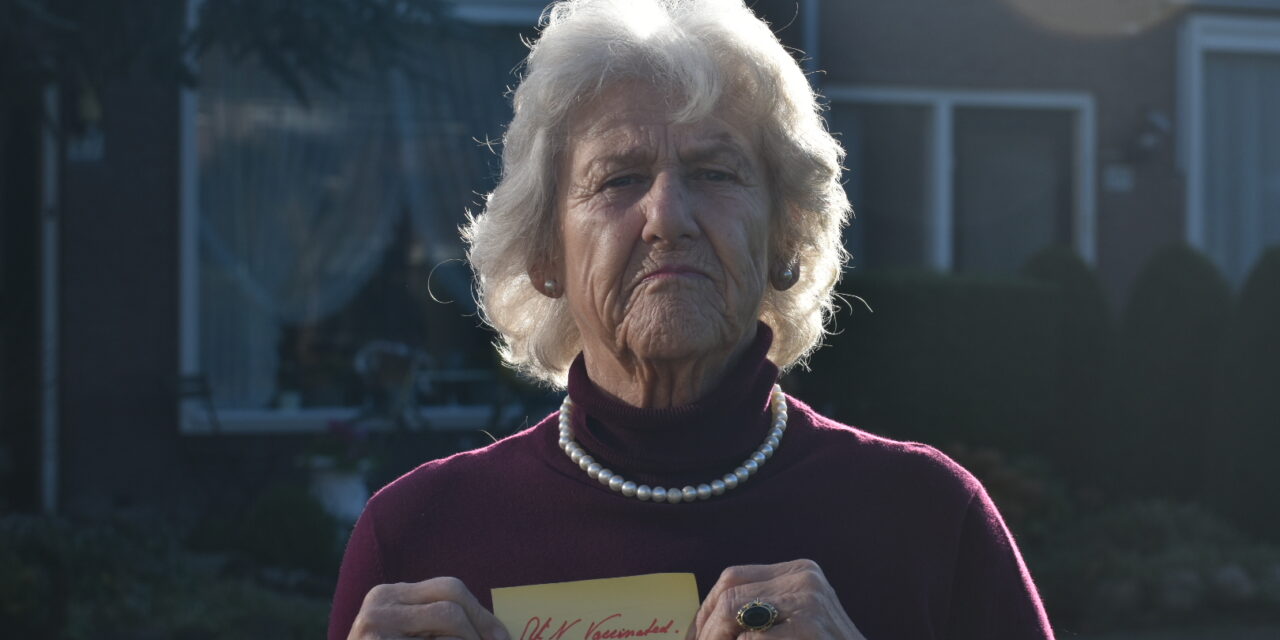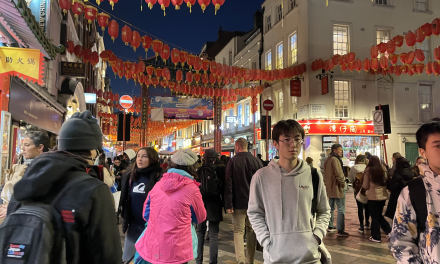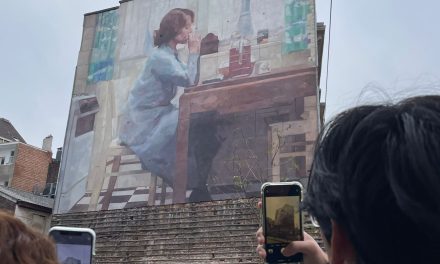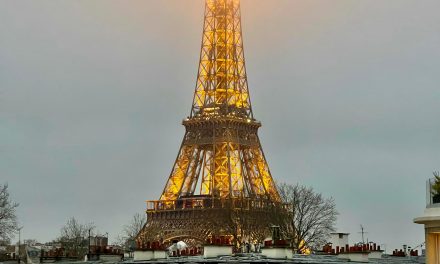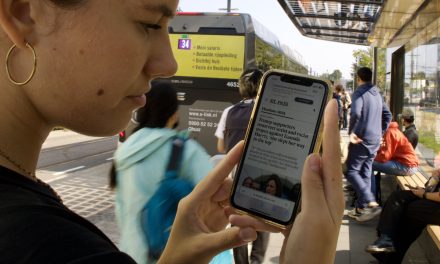More and more people around the world choose to not take the vaccination against the corona virus. In addition, convincing these people seems to be an increasing challenge. Many vaccinated people see these people as ‘crazy people’ who believe in conspiracy theories about the corona virus. Another consequence is the discussion about the right to healthcare that these people have, or do not have.
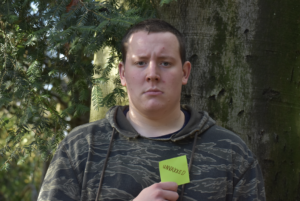
Lars, unvaccinated against the corona virus.
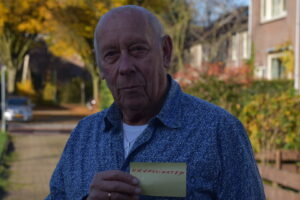
Jan-Willem Brouwer, unvaccinated against the corona virus.
That Elly Brouwer would ever be discriminated in her life because of her choice not to be vaccinated is something she never expected. ”I am 82 years old and have never felt so excluded by a large group of people”. Together with her husband, Jan-Willem Brouwer, they chose not to be vaccinated against the corona virus. The reason: “We have been through everything: hunger, war, poverty. We won’t let this virus bring us down and therefore we don’t think a vaccination is necessary”, says Jan-Willem Brouwer. His wife adds that they also ‘do not let anyone tell them what to do’ and ‘certainly not about what goes into their bodies’. The couple is aware that this choice leads to less accessibility in terms of events, holidays and restaurants etcetera. For many, especially young people, this is a reason to get vaccinated anyway. This does not apply to Mr and Mrs Brouwer. They say that they don’t think this is a reason to get vaccinated, because you’d be getting vaccinated for the wrong reason and for the wrong purpose.
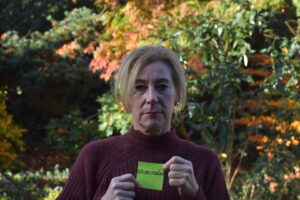
Petra, unvaccinated against the corona virus.
It is often thought that the people who do not have the vaccine believe in certain theories about the coronavirus.
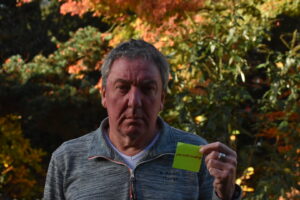
Nicolaas, unvaccinated against the corona virus.
These theories are mainly about the vaccine and what it would contain. Also where the virus comes from and that it was created to take over the power in the world is one of these theories. Nicolaas wants absolutely nothing to do with this, he says: ”For me, the choice not to be vaccinated has nothing to do with this nonsense”.
He also says he gets frustrated by people’s reactions on social media when all the unvaccinated people are ‘lumped together’. Because not every person who chooses not to be vaccinated, is a conspiracy believer or a ‘crazy person’.
Another consequence of this choice leads many people to having a hard time when the unvaccinated group ends up in the Intensive Care Unit (ICU) due to corona. There are people who think that the unvaccinated have less or no right to healthcare. For example, Dutch councillor Ruud van Leeuwen said that the unvaccinated should accept the consequences and not occupy an ICU bed. Many unvaccinated people, including Petra, think very differently about this matter. Petra herself works in a nursing home as well as individual home care. She therefore runs an extra large risk because of all her contacts, including with vulnerable elderly people, and she has not been vaccinated. She certainly gets criticism: “I am regularly asked why I still wear a mouth mask in places where it is not obligatory. When I tell people I’m not vaccinated and they know I work in the healthcare sector, they often say it’s irresponsible or even selfish”. Petra does not want to get vaccinated because she is a heart patient and is therefore afraid of the unknowns in the new vaccine. She says she is not a ‘conspiracy believer’ but is simply afraid of the side effects.
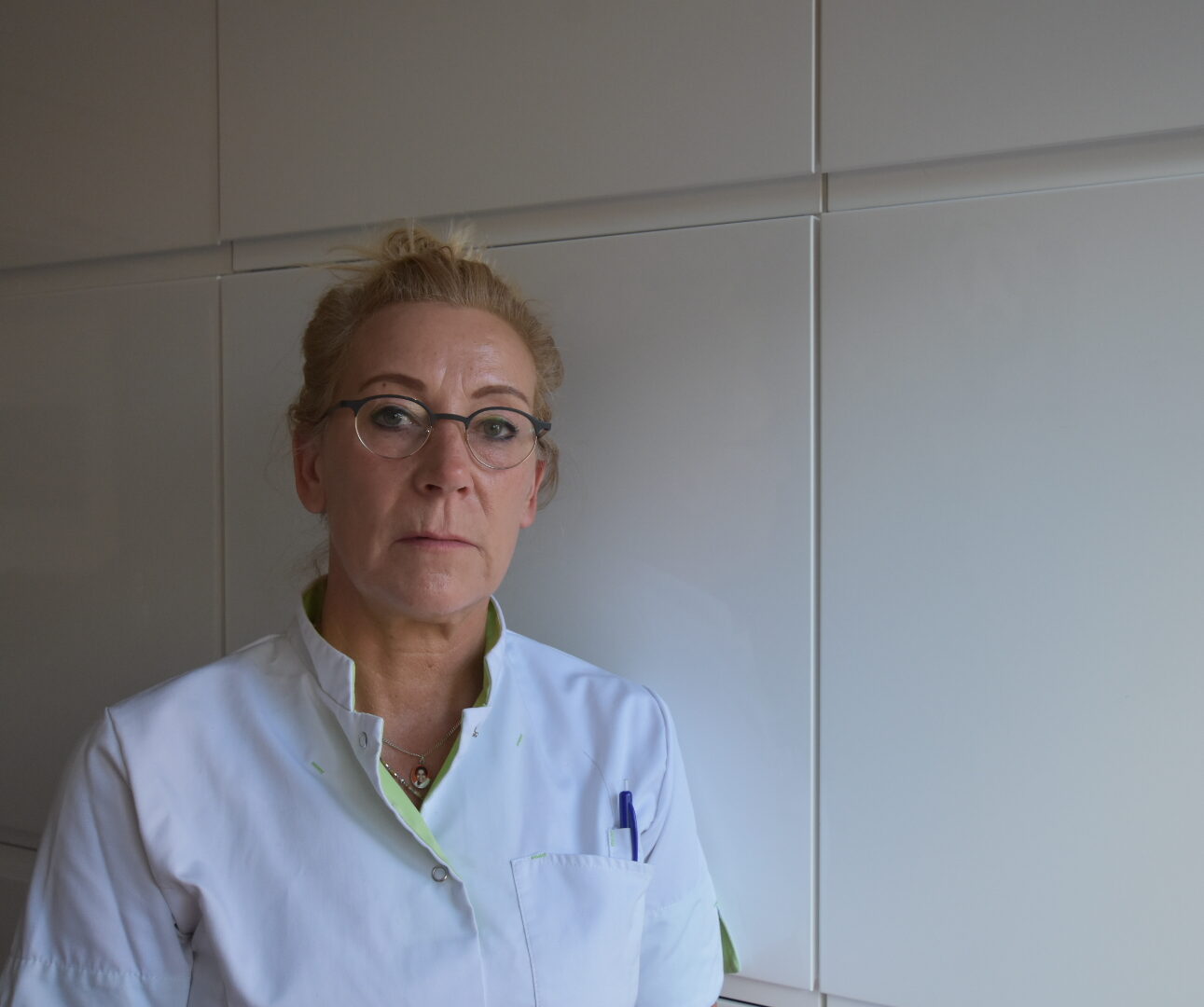
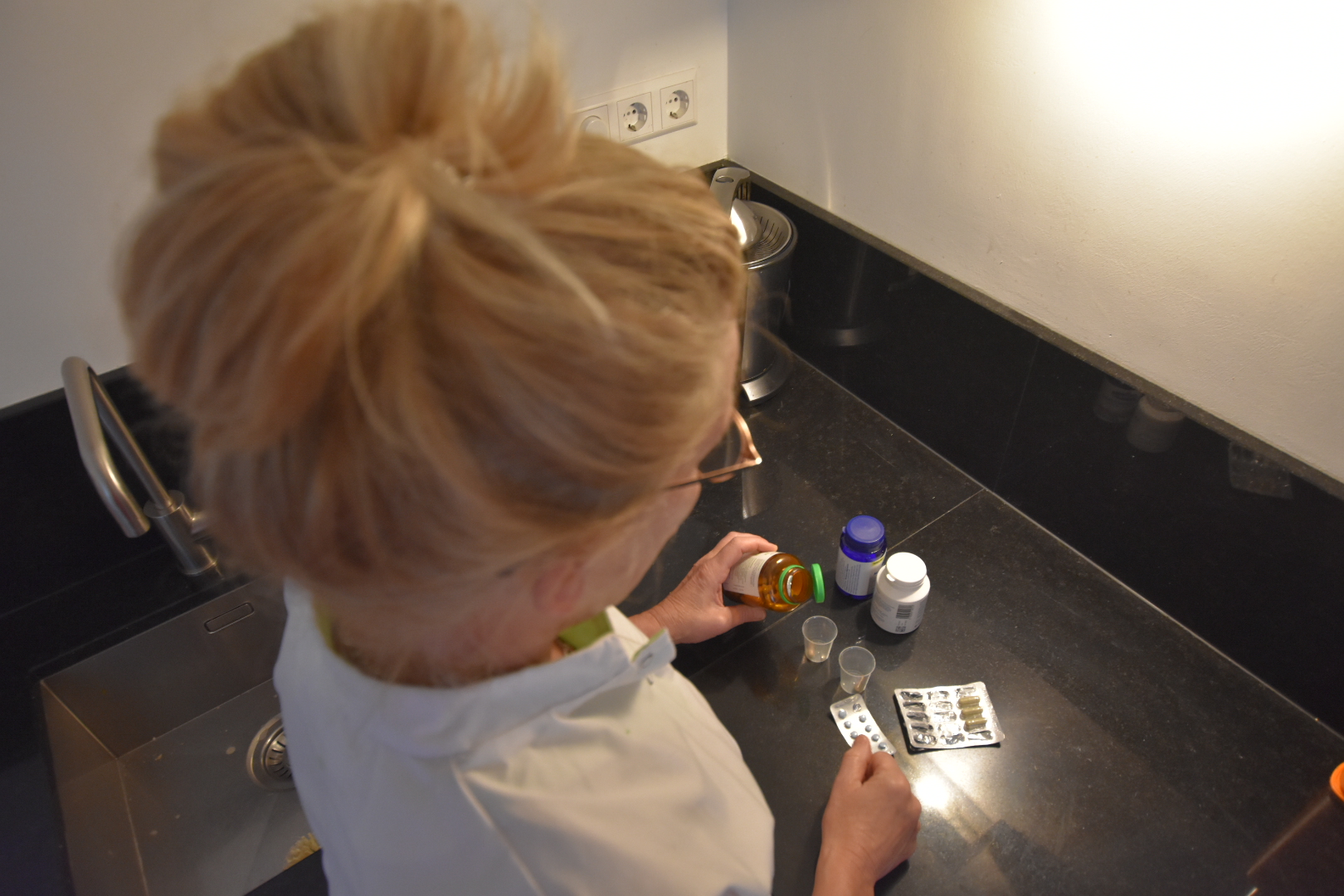
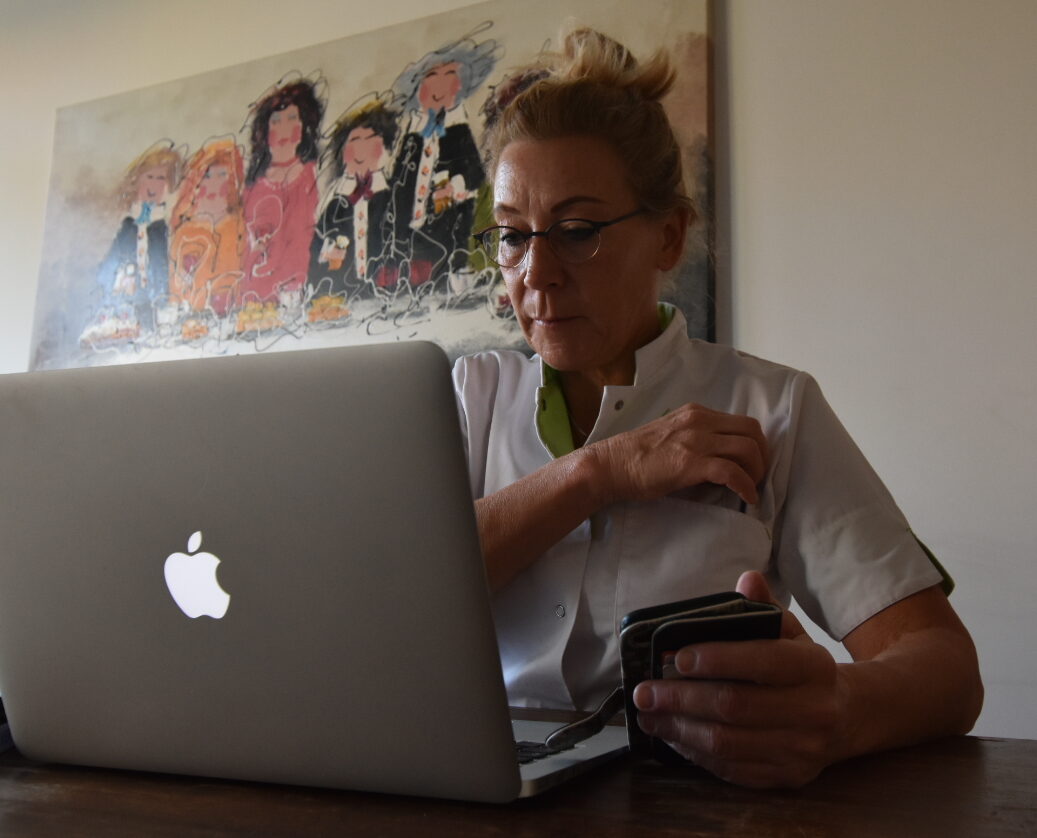
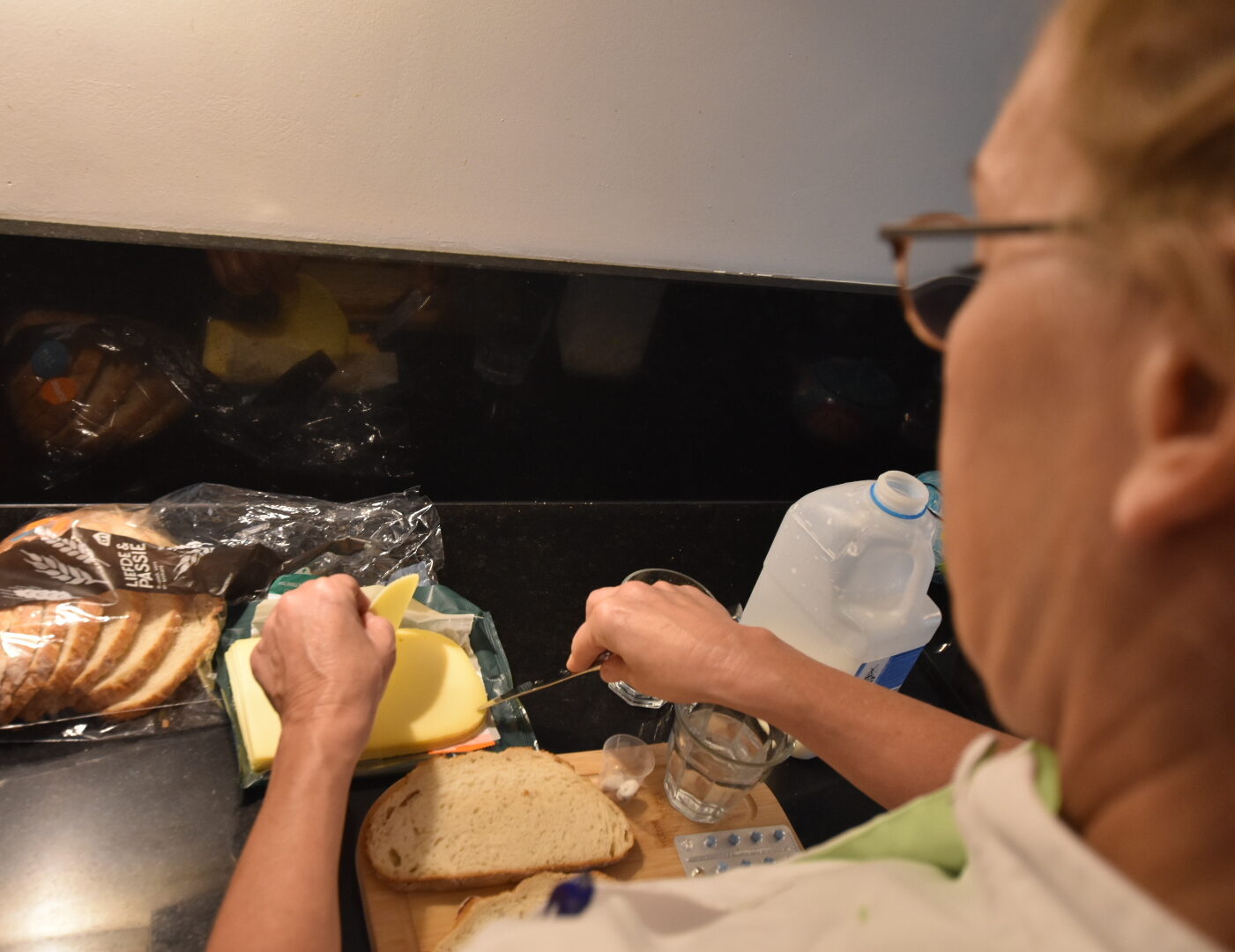
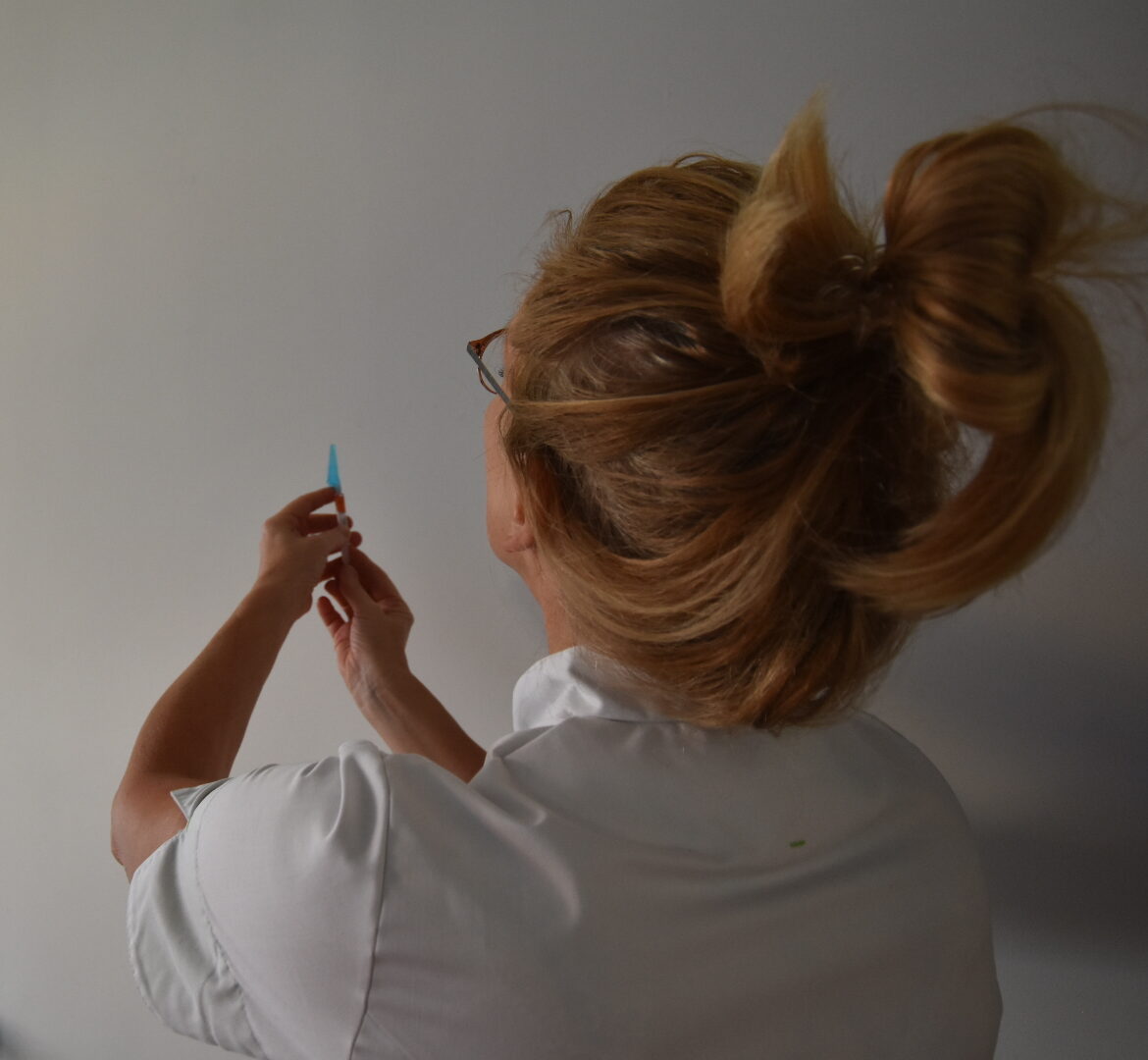
Petra's work in the nursing home and in home care.
It is clear that at this moment, there is a lot of pressure not only on healthcare staff, such as Petra, but also on the group of people who have no vaccination. They feel ‘oppressed’ and ‘excluded’ by society. The extent to which taking a vaccination is still optional therefore seems to be diminishing.
